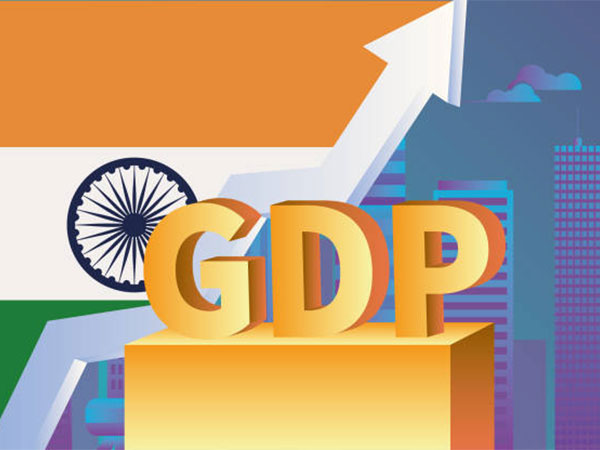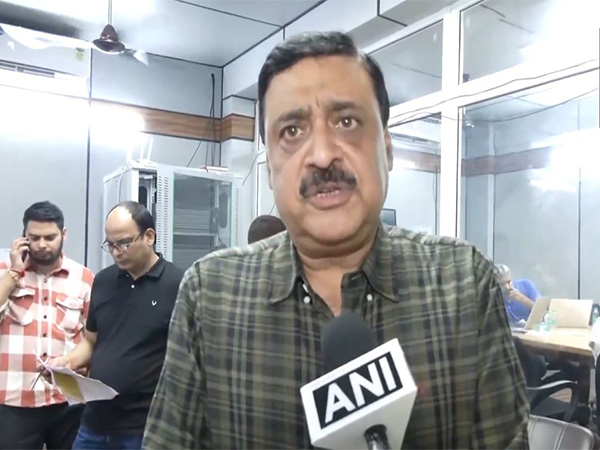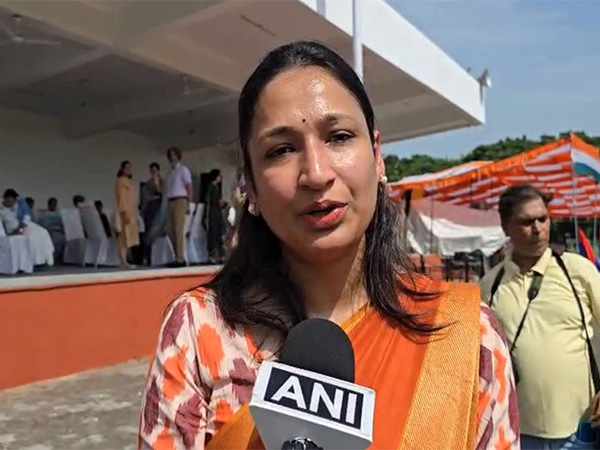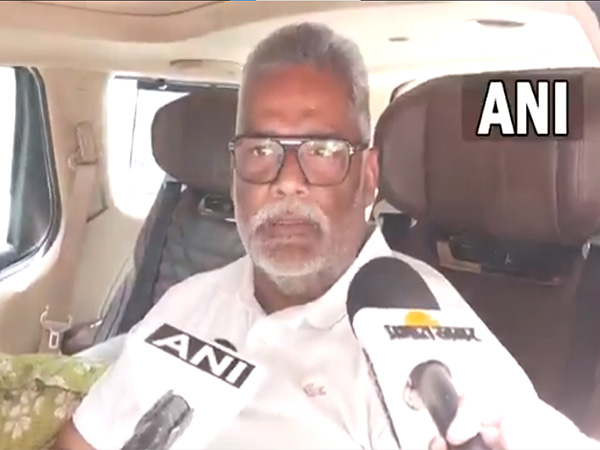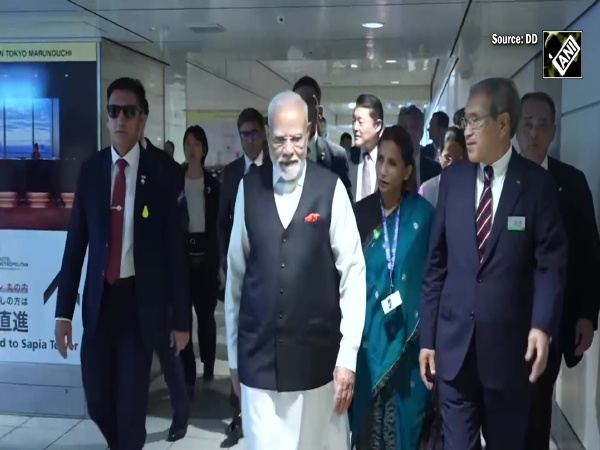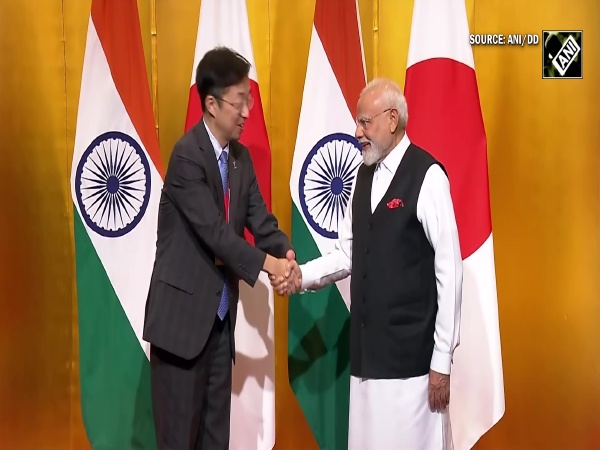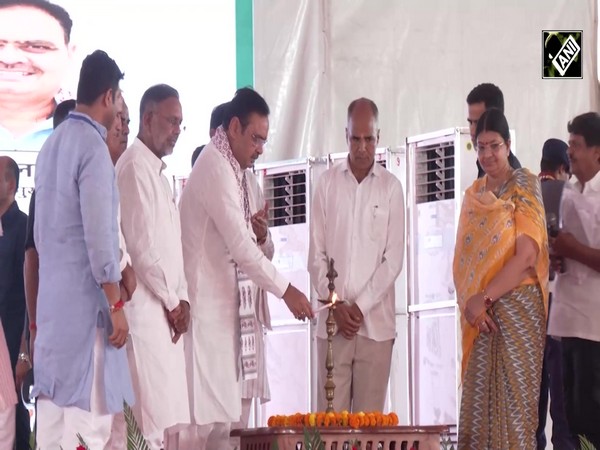Under its G20 presidency, India suggested ways to elevate digital public goods across sectors, and on a global scale
Jul 15, 2024

New Delhi [India], July 15 : The final 'Report of India's G20 Task Force on Digital Public Infrastructure' was released in New Delhi, on Monday, according to an official statement.
Among other aspects, the report presented and outlined a strategic blueprint for elevating DPI across various sectors as well as on a global scale through a range of its policy recommendations.
The task force was established in January 2023 to oversee and facilitate achieving India's G20 Presidency agenda and priorities on Digital Public Infrastructure (DPI) and Financial Inclusion. The Task Force looked at ways G20 member countries can boost productivity by adopting digital technology and DPI across sectors, as well as help the government's digital economy policies and regulations.
The Task Force was led by the Co-Chairs --Amitabh Kant, G20 Sherpa of India, and Nandan Nilekani, Co-founder and Chairman of Infosys and the Founding Chairman of UIDAI (Aadhaar).
The work of this Task Force had led to the acceptance of the definition and framework of the Digital Public Infrastructure (DPI) during India's G20 Presidency and will be taken forward for implementation during the Brazilian and South African presidencies.
After a very successful G20 Presidency and upon the culmination of its tenure, the Report of the Task Force is aimed at strengthening the foundations of DPI worldwide.
India has developed some of the finest digital public goods infrastructure, which could change lives the world over. India has taken the path of building public digital infrastructure for serving citizens and UPI, and Jan Dhan, Aadhar, CoWin, and ONDC are some examples.
The report encompasses three essential parts that collectively unravel the approach for global DPI advancement and adoption. The report tried to address global challenges through innovative technological solutions.
The report also delves into how India has steered its DPI agenda, especially during its G20 Presidency in 2023 under its various working groups including the Global Partnership for Financial Inclusion (GPFI) of Finance Track and Digital Economy Working Group (DEWG) of Sherpa Track.
The report also highlights the need to identify an existing body of global standards with the scope of multinational presence to foster and harness the DPI ecosystem across various regions and countries, especially Global South countries.
Many countries across the world are considering how to develop their national digital infrastructure to accelerate economic progress through drastic improvements in provisioning public services, and foster trust between people and institutions by improving transparency and reducing distance. The report is expected to play a key role in defining the future course of DPI approach and actions for implementation around the globe, particularly in the Global South.
"India did an incredible pole vault in Digital Public Infrastructure. We achieved in 9 years what would have taken 50 years without DPI. Today in India, UPI is used at all levels from street vendors to large shopping malls, with the highest percentage of digital transactions globally, accounting for nearly 46 per cent share," said Amitabh Kant, G20 Sherpa of India, on Monday.
"All these proved to be building blocks for India to steer through the COVID-19 pandemic, be it transferring USD 4.5 billion into the bank accounts of 160 million beneficiaries or facilitate distribution of 2.5 million vaccinations in two years with digital vaccine certificates on mobiles. We are far advanced in terms of digitisation and I am confident, this report will be the guiding North Star for the world to follow."
Co-Chair of Task Force, Shri Nandan Nilekani, said, "Governments and businesses around the world are increasingly realising that if they really want to achieve SDGs and social goals like inclusive growth, it has to have underlying DPI to make that happen. DPI has the power to dramatically improve the lives of citizens and transform governance. It has happened here in India and it started with the Aadhaar ID system, aimed at providing a digital identity to every Indian. Now, around 1.3 billion Indians possess this digital ID and on average 10 million eKYC per day is being facilitated through Aadhar."

